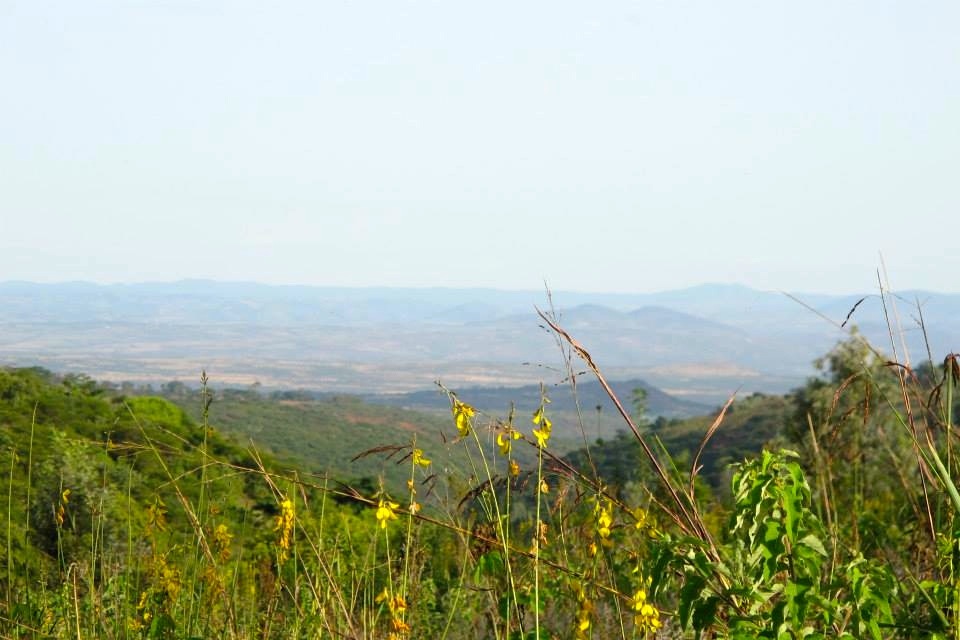As soon as our plane crossed the Saharan coastline, I was hooked. Truly the continent of dreams—mine, at least. We flew over Egypt. I reveled in the beauty, the mystery of no apparent inhabitants, the expanse of land. The desert stretches, stretches until its mottled beige meets clear blue and the horizon burns, a white haze, celestial as the sun. The riverbeds appear as wavy stretch marks. The highways, by contrast, are college-ruled-loose-leaf-paper straight. No landmarks defer their path. The farms, too, solitary amidst miles of sand, are neatly rectangular. I suppose farms always are, especially grand-scale ones like these. New York seems, from here, to be a separate planet. I am intensely lucky to leave it behind: eighteen-year-olds crave escape, and I have been granted it.
Sahel
The Sahel heralds change: more farms, visibly lush river banks. It brings hope after the Sahara’s barren dunes. It is livable, and it is in need—dire need—of preservation. The Sahara creeps ever southward, eucalyptus trees doing their best to stem its flow. In my Pandora’s box for sixth-grade English class, I crowned “deforestation” one of the world’s great evils. I was thinking, actually, of this too-quickly-shifting line.
Savanna
From the sky, the savanna appears unremarkable: dark, dense, difficult to discern. Its tufts of trees and patchwork farm plots are littered with rivers the color of cappuccinos. I exclaimed over the rivers, pointing eagerly as I motioned my father to the window. The world was wet all over, but I was stuck in a Sahara mindset. Even the Sahel had not prepared me for this richness. The farms resembled an American landscape, but their feel was different. I credit the cappuccino waters with the distinction.
Arrival
What will I remember of my time in Tanzania? That the town in which we stayed the night was Kilimanjaro, not Arusha? How the people we met and the ones we passed in our car seemed perceptive and content? They herded goats and cows with sticks or let the livestock wander while they tended to other affairs. Sometimes the small ones, six years old or five, looked after their family’s animals alone. The children were self-possessed. They put their arms around each other. They held younger siblings’ hands as they walked. They seemed to have an inborn sense of being part of something greater. A few clambered to field edges or looked up from among corn and sunflower to gaze at us and wave. A boy of perhaps four called “Habari?” as we jerked slowly along the dirt road, the last leg between Kilimanjaro and the Rift Valley Children’s Village. “Nzuri,” I answered. “Na wewe?”
“And you?”
Image Credit: Olivia Herrington
